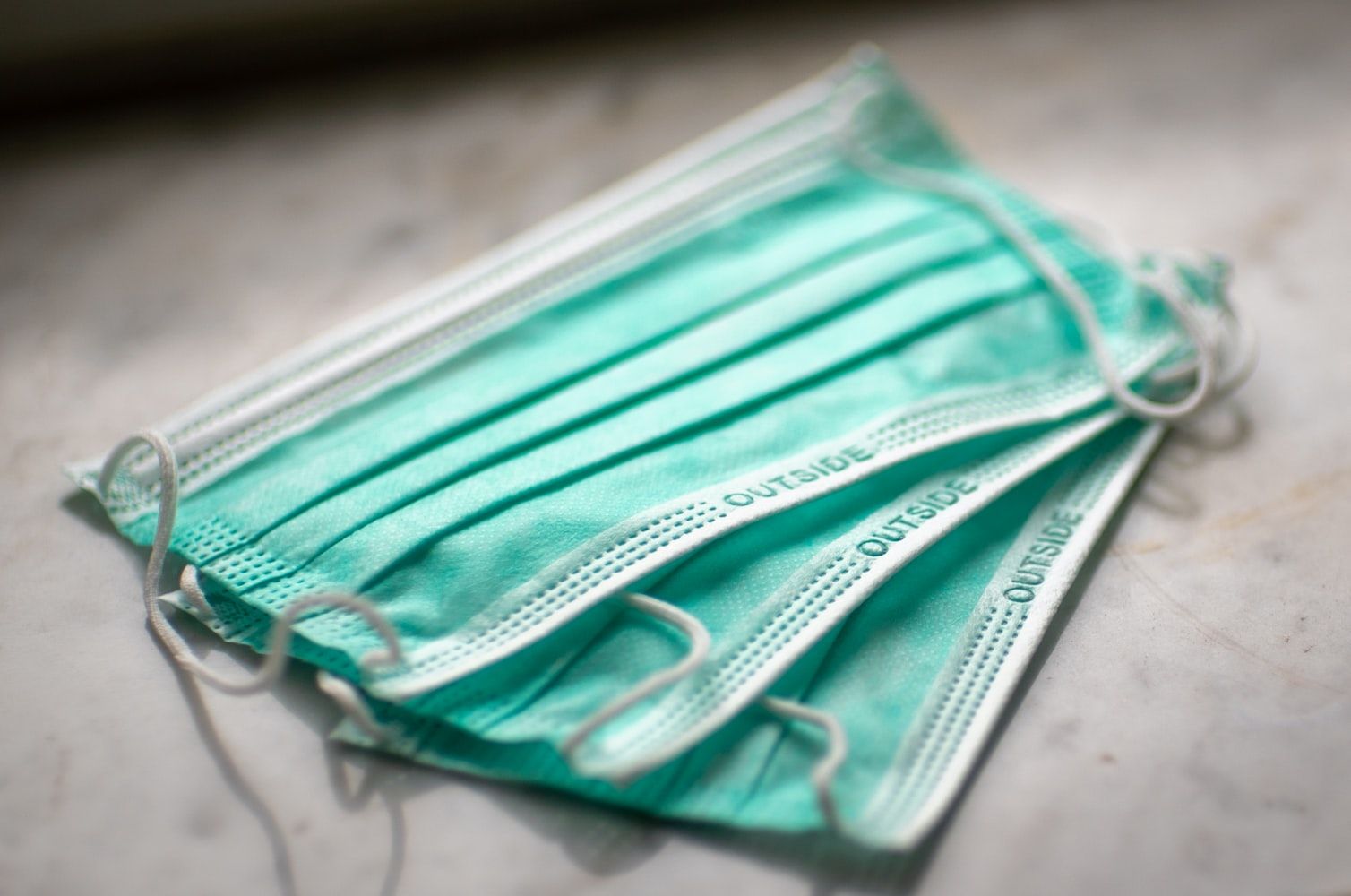One of the requirements for being on unemployment insurance in most cases is that if you are offered "suitable" employment--a job relatively similar to the one you lost--you have to take it, or risk losing your benefits. On Tuesday Secretary Mnuchin said that those employees who are furloughed due to COVID-19 that are offered their jobs back will have their benefits cancelled if they refuse to return to work. But that's not entirely true--the federal pandemic response bill, the CARES Act, includes some exceptions to this rule due to the unique situations arising out of the coronavirus crisis. If you meet one of the following requirements, you could turn down a job or refuse to return to work and still get benefits.
You Can Stay on Unemployment if you're Sick or Caring for Someone Who Is
If you have been diagnosed with COVID-19 and are sick (or have symptoms and are seeking a diagnosis), or someone in your family has tested positive recently, you are not required to return to work. You are also not required to return to work if you are caring for someone who is sick with COVID-19, even if they are not a family member, like a spouse or roommate.
If you are fully recovered from COVID-19, you will be expected to return to work or risk losing your benefits.
You Don't Have to Return to Work if You Have No Childcare
Most childcare facilities and nearly all schools around the country are closed, leaving millions of parents to attempt to homeschool their children. If your kids are home from school or daycare and you don't have anyone else at home who can take care of them, you are not required to report to work. You can stay on unemployment until there is childcare available for you.
You Can Stay on Unemployment if You've Been Advised to Self-Quarantine
Some people who have not tested positive for COVID-19 but have been exposed, or who have high-risk conditions like auto-immune disorders, have been advised to self-quarantine by healthcare providers. That means they are expected to stay home whenever possible, avoiding even the grocery store if they can. If you have been told to self-quarantine, you are not expected to break it to return to work and can still receive unemployment through the CARES Act.
You Don't Have to Return to Work if You Can't Get There
If you cannot reach your place of employment as a direct result of the COVID-19 pandemic--for example, if public transit in your area has been reduced and you don't have a bus that can take you to work--you can stay on unemployment. Some cities have also closed streets due to the pandemic, so if you couldn't get to your work without driving on a closed street, you could also stay on unemployment.
You Can Stay on Unemployment if Your Place of Work Isn't Safe
This one is tricky, but if you can argue with the state unemployment office in your state that your place of work poses an unreasonable risk of exposure to the virus, you don't have to return to work. But the burden of proof is on the employee for that, so it can be difficult. If you can use one of the other reasons to remain on unemployment, they will likely be easier.

